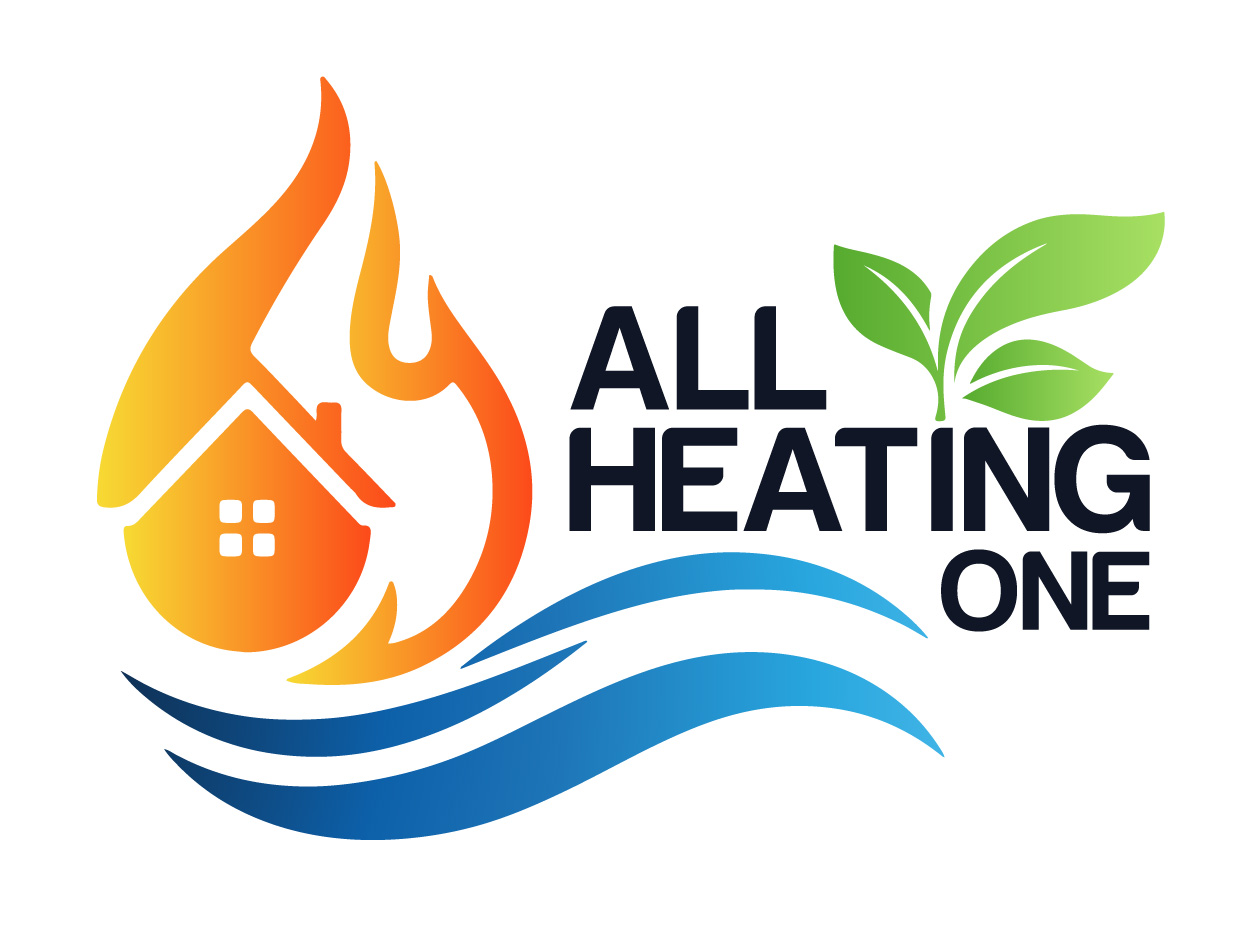A combination boiler, commonly known as a ‘combi,’ combines the functions of water heating and central heating (hence the term ‘combi’). A combi-boiler differs from a conventional boiler in that it does not require a separate hot or cold-water storage tank. The advantages and disadvantages of a combi-boiler configuration are discussed below. By the time you’ve finished reading this article, you should have a better idea of whether a combi-boiler is ideal for you.
Benefits of a Combi-Boiler
1. Combi-boilers are quite compact. It’s unnecessary to keep hot water on hand. The Combi boiler eradicates the requirement for a huge hot water cylinder, which is often found in airing cupboards. Combi-boilers, on the other hand, take up very little space in your kitchen or in your upstairs airing closet.
2. Combi boilers are extremely efficient; in fact, they may achieve efficiencies of up to 90%. As a result, the cost of heating your home is lower.
3. No need for a cold-water storage container, which frees up roof or loft space. This is because combi-boilers get their cold water straight from the mains. Also, have an advantage in terms of combi boiler installation due to the lack of water storage facilities. When it comes to installation, having no water storage container means less effort and stress. In addition, the absence of a cold-water unit decreases the chance of pipes freezing during the British winter.
4. There’s no need to wait for the water to heat up. Combi-boilers are water heaters that heat water on demand. As a result, combi-boilers come in suitable when many people need to use the same bathroom. Since hot water is given ‘according to demand’ there is no chance of water running out as is the situation with a conventional boiler.
5. When opposed to conventional boilers, which heat large amounts of water even if you only want to wash your hands, you save money since water is heated in little amounts. This is because conventional boilers need you to heat a whole cylinder of water, even if you only need to wash the dishes! As a result, compared to conventional boilers, combi-boilers have a lower carbon impact.
Using a combi-boiler has certain drawbacks.
- Even though a combi-boiler warms water “on-demand,” it still requires a large amount of water to satisfy this need. Water pressure will gradually decline if you take a power shower or if many people use taps in different sections of the house. This is due to the fact that the demand for water exceeds the available supply. This is a particular issue in residences with a weak water supply from the mains or those with many bathrooms. As a result, if you require water for several taps at the same time, a conventional boiler may be a better option. Otherwise, the water pressure would be inadequate when two people use separate taps, causing annoyance to whoever is attempting to wash their hands! For this reason, combi-boilers are not recommended for use in hotels, public buildings, office complexes, or large residences.
- Electronic components are housed in combi-boilers. As a result, repairing a worn or broken item might be costly. If you have a combi-boiler, you should consider getting a maintenance plan or boiler insurance.
- A combi-boiler may take a long time to run a bath and may struggle to provide enough water for a power shower.
All Heating one Having a combi boiler has both advantages and downsides. Your heating surveyor will be able to look at your present heating system, evaluate your family’s needs, and discuss the many solutions available to you during your home visit. Please phone 0800 0341395 for further information.


